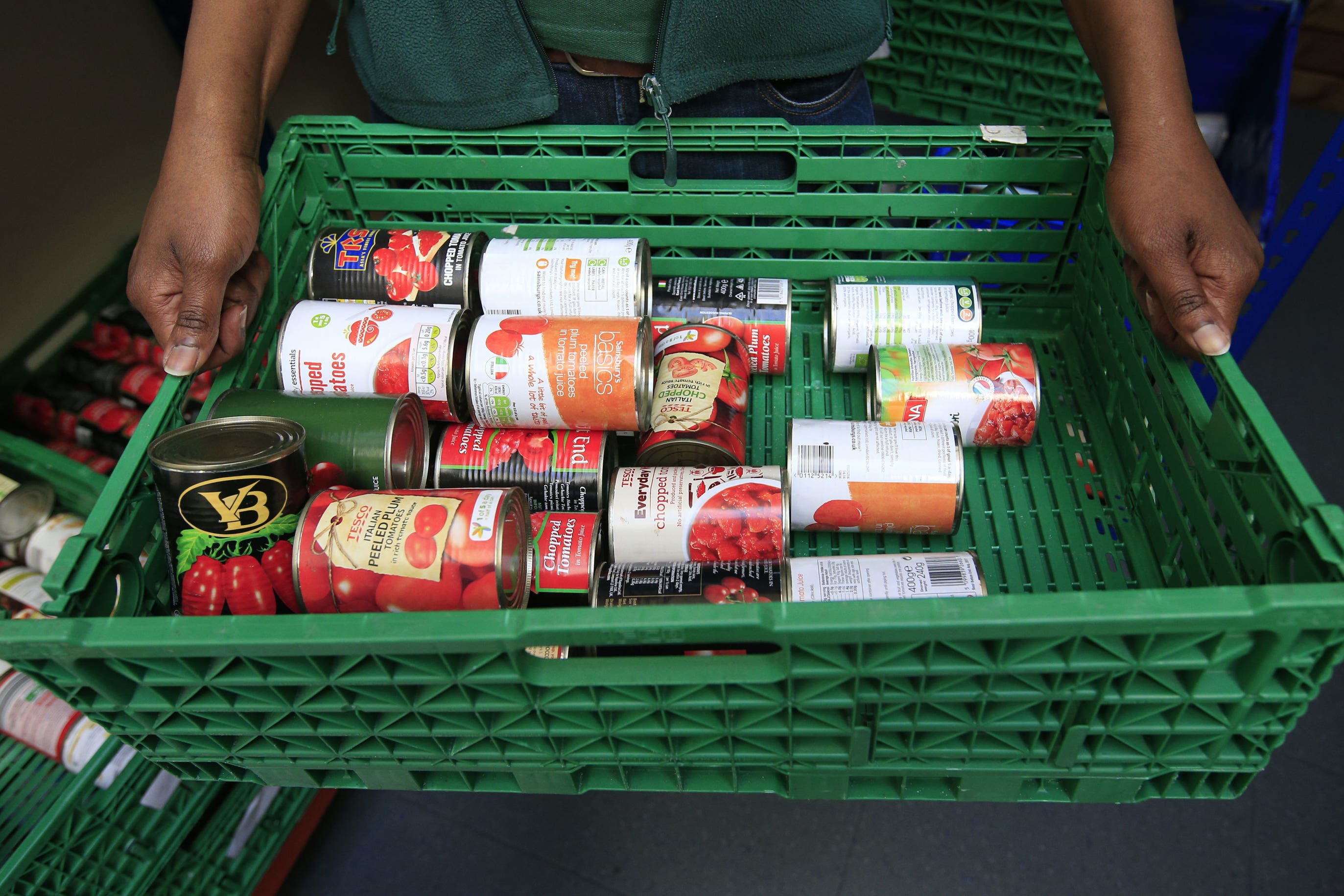Charity delivered food to ‘terrified’ disabled people during Covid, inquiry told
Tressa Burke, of the Glasgow Disability Alliance, said the situation was ‘gravely serious’.

Your support helps us to tell the story
From reproductive rights to climate change to Big Tech, The Independent is on the ground when the story is developing. Whether it's investigating the financials of Elon Musk's pro-Trump PAC or producing our latest documentary, 'The A Word', which shines a light on the American women fighting for reproductive rights, we know how important it is to parse out the facts from the messaging.
At such a critical moment in US history, we need reporters on the ground. Your donation allows us to keep sending journalists to speak to both sides of the story.
The Independent is trusted by Americans across the entire political spectrum. And unlike many other quality news outlets, we choose not to lock Americans out of our reporting and analysis with paywalls. We believe quality journalism should be available to everyone, paid for by those who can afford it.
Your support makes all the difference.A charity had to deliver essentials to thousands of “terrified” disabled people who did not receive support during the pandemic, an inquiry has heard.
Tressa Burke, chief executive of the Glasgow Disability Alliance (GDA), told the Scottish Covid-19 Inquiry the charity had to provide services it had not previously carried out in order to help people in need.
Ms Burke, who has been head of the charity for more than 17 years, said GDA resorted to delivering household essentials including food to thousands of people.
Stuart Gale KC, for the inquiry, asked Ms Burke: “For a disabled person living on their own in Glasgow, without, perhaps, access to a car, without access to other people to do things for them. How serious, in your view, was the concern about getting access to food?”
She said: “It was gravely serious, much more than we could have thought. We’re not a food provider, that’s not what we do.
“We found ourselves providing food to over 2,800 people over the period, and the issue with food is that disabled people who weren’t shielding didn’t qualify for the way supermarkets were doing things.
“Couldn’t get the delivery slots and that would’ve obviously involved them having enough money to order a certain amount to get the free delivery anyway, so they couldn’t qualify.
“Not all the people that should have been shielding were, not all the people that were shielding were getting food that was appropriate to their diet or to their needs, given that many had their social care cut.
“There was a lot of laughter when we got all the online forums of people describing, you know, two bags of root veg turning up and it was people who couldn’t use their hands or didn’t have access to their kitchens, because all these cumulative inter-related barriers make disabled people more disabled.”
She said foodbanks were “wonderful” during the pandemic, but explained how many of GDA’s members were unable to access them due to the fact they could not travel, and because foodbanks tend not to deliver.
She said: “They couldn’t get their safely. They didn’t have their own transport. You couldn’t safely get people to go, and they would have needed support anyway.”
She said she believed only a handful of people would approach the charity for food deliveries, but in reality the number was much higher.
She told the panel: “We thought it would be small numbers but it ended up being thousands of people – we just couldn’t have imagined it.
“It’s not what we have skills or experience doing, I have to say.”
GDA campaigns for fairer rights and social justice for disabled people, and offers a number of holistic services such as accessible learning, coaching and events.
The organisation, formed in 2001, is staffed largely by disabled people and represents more than 5,500 people living with disabilities.
The inquiry, before Lord Brailsford, continues.